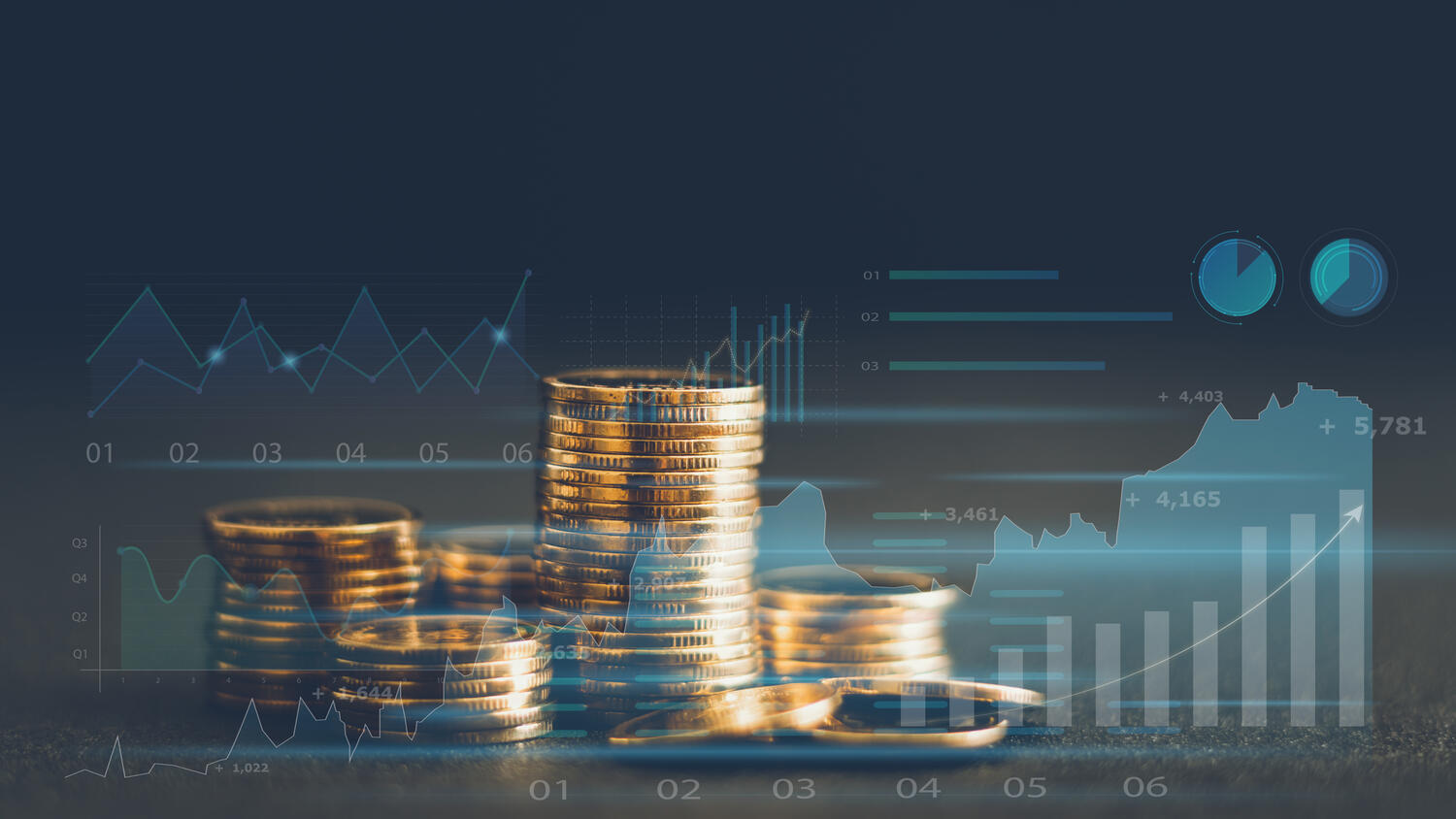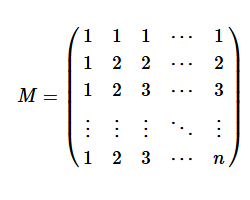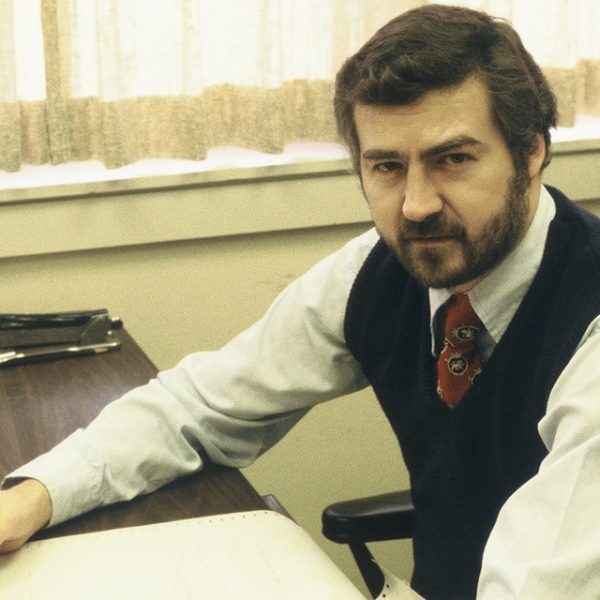The first time I used the Internet it blew my mind. As a diplomat brat, at any point in time everyone I knew was everywhere but where I was. Thanks the miracles of Gopher, Veronica, IRC and email, the tyranny of distance didn’t seem so oppressive any more. When I managed to track down a friend from high-school half-way around the world, it was like the heavens opened.
It might as well have been magic as far as I understood how it worked. And, even though I couldn’t explain how, I could tell the world would never be the same again.
That’s not to say that people believed me. Most didn’t - after all, who really wanted to use Pine to talk to people around the world when you could just write a letter? The idea of chatting with people online about anything that you were into? Bizarre. And, don’t get me started with trying to use Emacs …
Times change though. And, eventually the future caught up with that vague sense of “something” I sensed.
It’s easy to lose track of how much things have changed. It’s been almost forty since Star Wars hit the cinemas. TCP/IP, the lingua franca by which every device now talks to each other, wasn’t even being used on ARPANET.
Today, we’re talking of the Internet of Things. We’re expecting over 26 billion new devices to be connected by 2020. We’re already generating more data than we know what to do with, all of which is ripe for analysis.
Whether we realise it or not, we’re rocketing through another tipping point. What big data implies is not greater insight. It’s disruption.
Systems don’t need to be intelligent to make good decisions. They just need to have well-designed rules by which they can operate. What this data enables is drastically more complex rules, rules which allow ever-increasing levels of automation. And, it’s these rules that are already changing our world.
Flying cars are still a pipe dream. Self-driving cars though? They’re here. And they’re only made possible through data. They’re so good, they’re even being designed to drive faster than the speed limit to improve safety.
Analytics is creating a new world, one that’s very different to the one we’re used to. One that’s very strange.
Picture this: in a world populated with self-driving cars, who needs buses? The very nature of civil engineering changes and with almost total shared vehicular utilisation across the traffic network, all our congestion issues disappear almost overnight. Why take a bus when you can book a car to your house when you need one that’ll take you direct to your destination?
Even better, it’s drastically cheaper. With car pooling, mileage-based pricing, and 24/7 vehicle utilisation being the norm, travel costs would collapse. It’s not hard to see a future where owning a car becomes an anachronism. Much like owning a horse today, it becomes the realm of hobbyists and fanatics. As direct ownership declines, the nature of asset insurance changes drastically as risk premiums bias more and more towards human drivers against our fellow robots, further discouraging car ownership. Unfortunately, that also leads to a collapse of the car insurance, damaging the underwriting business.
This rapid decline in accident rates also sparks a collapse in organ donations, accelerating research into and demand for bio-engineering and 3-D organ printing. Medical general practitioners become largely unemployable thanks to automated & constant real-time analysis of epidemiological trends, drug interactions, and case-level differential diagnosis. Rising levels of unemployment across insurers, taxi drivers, truck drivers, and medical practitioners spark an increase in default rates, creating another credit crunch.
The logistics and taxi industries implode almost overnight, replaced by the retailers that already own the supply chains and intelligent assets needed to route their stock across the country. Much like cloud competing, logistics becomes priced as a time-shared resource, priced dynamically based on space availability across each link in the supply chain.
And all this simply because someone asked, “You know all this data we’re collecting … why don’t we use it for something?”
Futurism is like trying to wrestle an octopus in the dark; even though you’re pretty sure you’ve grabbed onto something important, you’re never quite sure whether you’re winning or losing. Still, the teenager in me is pretty confident of one thing - whether people realise it or not, the world’s changed yet again.
And, the new normal is strange.
____________________________________________________________________________________________________________________________________________
For more work by Evan Stubbs, check out his new book Big Data, Big Innovation: Enabling Competitive Differentiation through Business Analytics.






1 Comment
Strange, yet exciting... Can't wait to see what we will be reflecting on in 10-15 years time, especially when you compare it to the era you described above. You brought back memories with using Pine and Emacs at uni - seemed strange at the time.